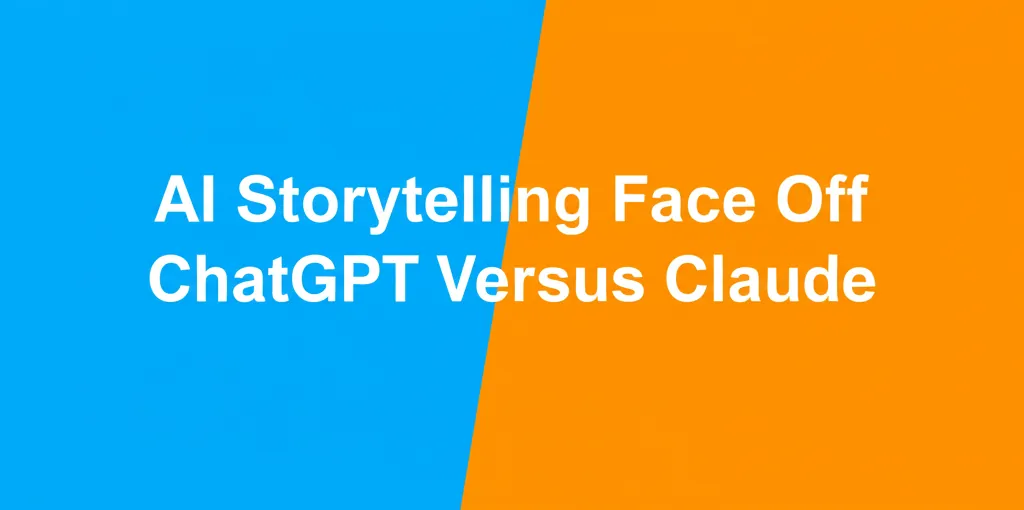Developer Offer
Try ImaginePro API with 50 Free Credits
Build and ship AI-powered visuals with Midjourney, Flux, and more — free credits refresh every month.
Beyond Cheating The Real Reason Students Are Using AI
Current discussions about artificial intelligence in higher education often paint a grim picture. The story goes that students are cheating on a massive scale in our assessments and that using AI is making us less intelligent. According to this narrative, the next wave of graduates will have completed their degrees without ever forming a critical thought.
While I personally tend to avoid tools like ChatGPT due to my own course's closed-book exams and concerns over the environmental cost of powering AI datacentres, I see that my peers view it as a generally acceptable learning aid. The debate is often fixated on “cheating,” but in reality, AI is increasingly used to help with research or to organize essay structures.
There are certainly valid worries about the overuse of large language models in school. But to grasp why students are turning to AI, it's essential to understand the journey that brought us here and the educational turmoil we've faced.
The Lingering Shadow of a Pandemic Education
In March 2020, I was nearly 15. I remember the cheers in my school's hallways when we heard that schools were closing for the Covid lockdown. We thought it was a two-week holiday, but it marked the beginning of three years of educational disruption.
That year, GCSE and A-level exams were replaced with teacher-assessed grades, a move that notoriously benefited students at high-performing private schools. After more closures and government indecision, exams were cancelled again in 2021. My A-level cohort in 2023 was the first to sit “normal” exams again, which led to a harsh correction of grade inflation that left many of us with much lower grades than we had anticipated.
An Unstable and Inconsistent University Landscape
During this time, universities were also struggling to figure out how to assess students who weren't physically present. Their solution was to switch to open-book, online exams for many courses. When the “lockdown generation” moved on to university, the system didn't just snap back to how it was. Five years later, 70% of universities still rely on some form of online assessment.
This isn't because university has become easier. These changes reflect the reality that most of us never had the typical experience of sitting national exams. We missed huge chunks of our curriculum during our GCSE and A-level years. More than just missed content, the government's constant policy reversals created a deep-seated uncertainty that followed us into higher education.
In my first year of university, half my exams were online. This year, all of them were handwritten, closed-book tests. In both scenarios, I wasn't told the final exam format until well into the academic year. In one class, third-year students taking the same paper as me had a longer, online exam to account for the fact they'd never sat a handwritten exam during their degree.
The Perfect Storm for AI Adoption
When ChatGPT arrived in 2022, it landed in a university system that was already in flux and defined by this uncertainty. Exams had become inconsistent and unpredictable, varying between universities and even within faculties. This environment only increased the appeal of AI for students who felt they were constantly trying to catch up, while also making it harder for institutions to monitor its use effectively.
Financial Pressures and the Scarcity of Time
Even without the chaotic exam situation, being a student today is more expensive than ever. A staggering 68% of students hold part-time jobs, the highest rate in a decade. The student loan system also leaves those from the poorest backgrounds with the largest debts. I'm in the first cohort that will be repaying loans over 40 years instead of 30, and tuition fees are set to rise again.
Simply put, students have less time than ever to just be students. AI is a time-saving tool. If students are struggling to find the time or resources to engage fully with their courses, it's a sign that the university system itself is failing.
A New Reality for Students and Universities
The use of AI is growing not just because it's fast and convenient, but because of the persistent uncertainty in post-Covid education and the growing financial instability students face. Universities must choose an exam format and be consistent. If that format includes coursework or open-book exams, they need to provide clear guidelines on what “proportionate” AI usage means.
For better or worse, AI is here to stay—not because students are lazy, but because the definition of being a student is changing just as quickly as the technology around us.
Compare Plans & Pricing
Find the plan that matches your workload and unlock full access to ImaginePro.
| Plan | Price | Highlights |
|---|---|---|
| Standard | $8 / month |
|
| Premium | $20 / month |
|
Need custom terms? Talk to us to tailor credits, rate limits, or deployment options.
View All Pricing Details

